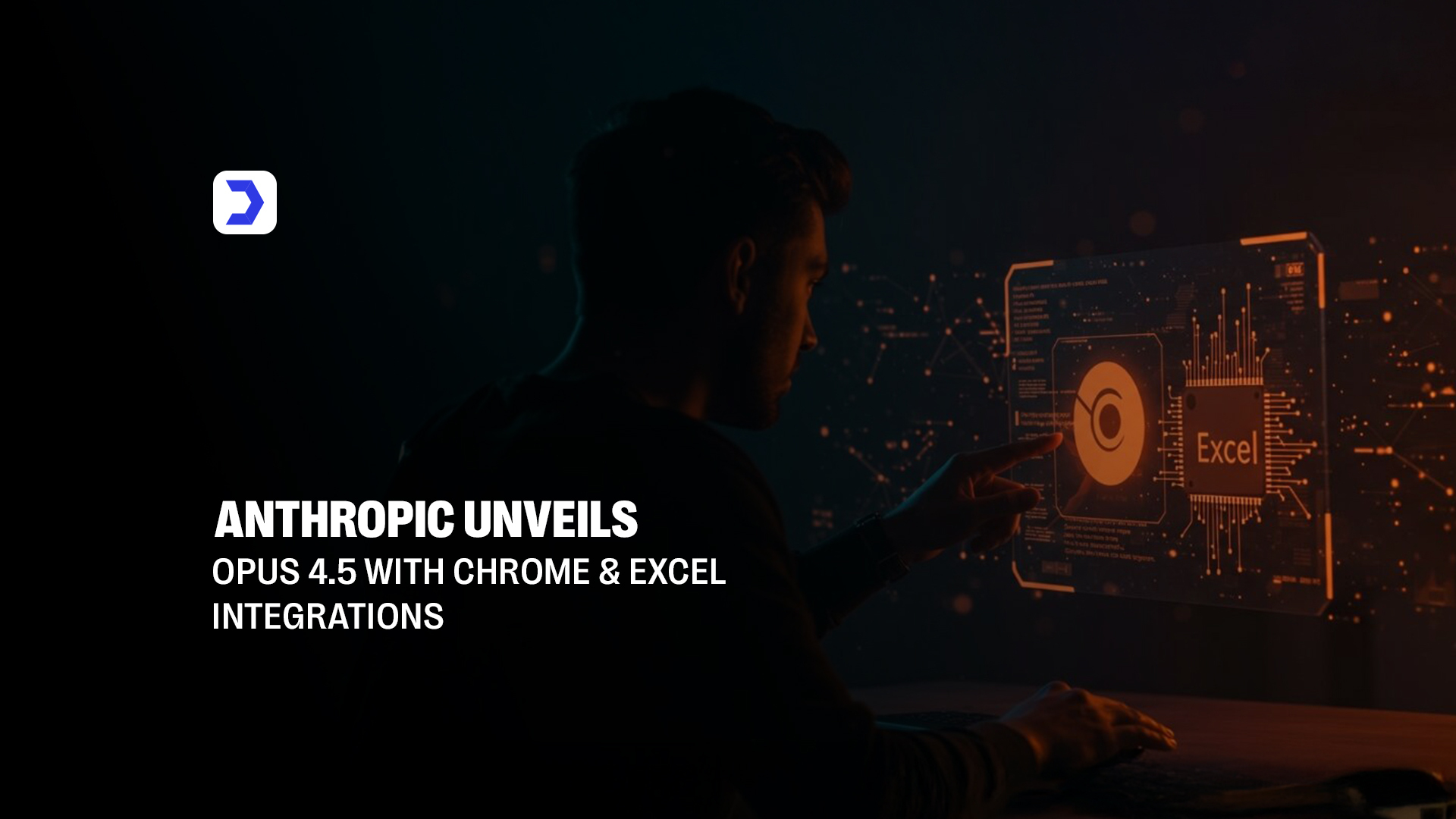Summary
- OpenAI ChatGPT now includes the Codex agent, enabling users to generate and debug code through natural language prompts.
- The integration enhances coding workflows, allowing real-time development support within the ChatGPT OpenAI interface.
- Codex understands user intent, offering context-aware responses across various programming languages inside OpenAI ChatGPT.
- Safety protocols and usage controls have been added to ensure OpenAI maintains secure and responsible code generation.
- Subscription access to Codex is available under ChatGPT Plus and Enterprise plans, aligning with OpenAI’s tiered service model.
- Human oversight remains crucial as Codex can produce flawed logic, reaffirming the need for careful review.
- The growing role of ChatGPT OpenAI in development signals a future where AI simplifies and accelerates the coding process for professionals and learners alike.
OpenAI has expanded the capabilities of ChatGPT by integrating its Codex agent, a specialized coding assistant designed to transform how developers and non-developers write and interact with code. This update allows users to simply describe what they need, whether it’s a Python function, a SQL query, or a full web app, and Codex instantly responds with executable code, all within the OpenAI ChatGPT environment. This advancement is not only accelerating development workflows but also lowering the barrier to entry for anyone interested in building with code.
The integration offers real-time support, contextual awareness, and conversational feedback, enabling a seamless experience where users can refine, test, and modify code step by step. Whether used for learning, prototyping, or full-scale deployment, OpenAI ChatGPT now serves as a practical, interactive coding partner.
This direction in AI development mirrors the innovation in models like DeepSeek, which focuses on code reasoning and high-precision logic generation for complex programming tasks. While DeepSeek emphasizes scalable, performance-oriented AI capable of understanding deep programming patterns, Codex inside ChatGPT OpenAI enhances usability by combining that intelligence with an intuitive, conversational interface. Together, these advancements represent a shift in how developers interact with AI, not just as a backend tool, but as a responsive assistant capable of adapting to human goals and coding logic in real time.
“Magic moments” with Codex
The integration of Codex into OpenAI ChatGPT brings a new dimension to coding, one where users experience immediate, intelligent responses to their technical needs. These “magic moments” happen when users describe a coding problem or request in natural language, and Codex instantly delivers functional code, often with explanations, edge-case handling, or follow-up improvements. From creating automation scripts to building entire web components, these interactions feel intuitive, making coding more accessible even to those without formal programming experience.
What sets Codex apart is its ability to understand intent and provide code that works within the context of the conversation. Whether the request is to “write a login function in Python” or “fix the bug in this loop,” Codex not only responds accurately but also adjusts its output based on feedback, making open ai chat gpt a collaborative environment for real-time development.
As coding becomes more conversational, concerns about the authenticity and originality of AI-generated outputs also rise. In environments where human input must be distinguished from machine assistance, GPTZero plays an important role by detecting AI-generated content. While ChatGPT OpenAI aims to assist and accelerate human productivity, tools like GPTZero ensure accountability and transparency, especially in educational and professional contexts. This balance of capability and integrity enables Codex to offer powerful support while remaining part of a responsible AI ecosystem.
Limitations, Safety, and Pricing
While the integration of Codex into OpenAI ChatGPT significantly enhances the capabilities of the assistant, it is not without limitations. The Codex agent, though highly advanced, can still misinterpret vague or complex user prompts, produce inefficient or insecure code, or struggle with certain programming languages outside its most trained environments. These limitations highlight the need for developers to review and validate AI-generated code before deployment, especially in production or security-sensitive applications.
On the safety front, OpenAI continues to prioritize responsible AI deployment. Codex is embedded within a controlled environment that includes prompt filters, usage monitoring, and guardrails to prevent misuse. These safety mechanisms are part of a broader strategy by OpenAI to reduce risks associated with advanced AI tools. This strategy also includes work on AI model safeguards that mitigate potential misuse scenarios. As recently outlined in their initiatives on biorisk controls, OpenAI is proactively addressing the dual-use nature of powerful models, a commitment reflected in their biorisk safety updates, which outline protocols for sensitive content generation and usage restrictions.
Pricing for Codex is currently included in ChatGPT Plus, Enterprise, and Team plans. While there is no separate charge during the initial rollout, OpenAI plans to introduce tier-based access models that may include usage caps or additional fees for high-volume tasks. These pricing strategies are expected to support sustainable access while maintaining model availability across various user tiers. Further coverage on related AI advancements and responsible deployment practices can be found in ongoing AI news reports that track OpenAI’s evolving infrastructure, safeguards, and service models.




